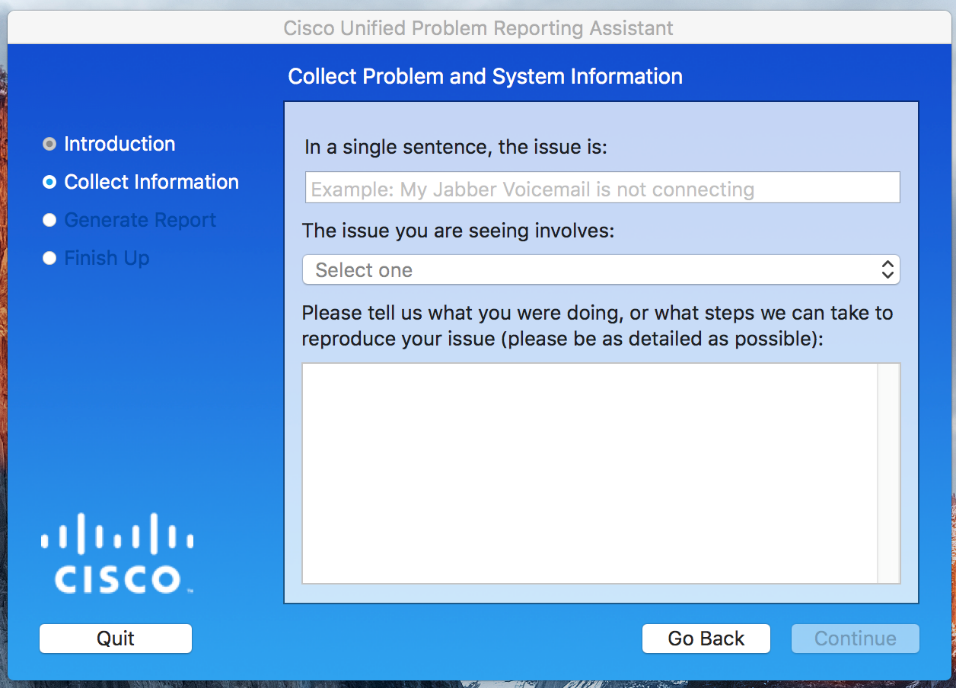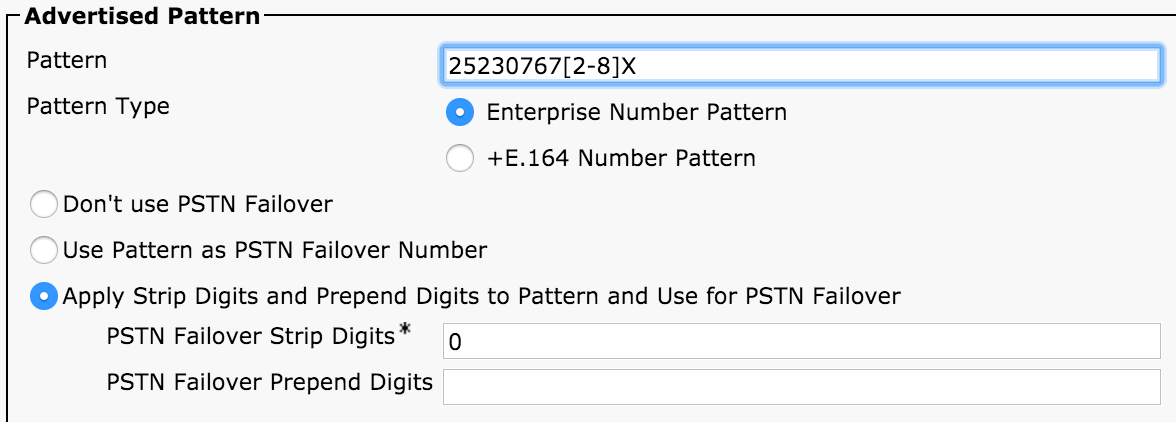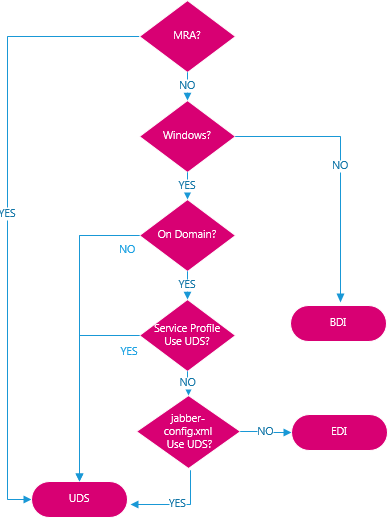Anyone who has deployed Jabber knows of the cisco-uds SRV record that Jabber uses (or Expressway-C in the case of MRA) to discover it’s services. It’s also used for directory searches, and home cluster lookup with ILS.
UDS or User Data Services is a simple REST based API for CUCM. While the UDS API is not as extensive as what you can do with AXL through SOAP and WSDL, it makes a great use case for a front end to allow end users to manage their own devices: Change their single number reach destination, password, speed dials, and conference pins.
For security reasons, most browsers will block an XMLHttpRequest served on one page and originating on another (in the case of a front end making UDS calls to CUCM). To get around this, you would use CORS or Cross Origin Resource Sharing, defining the front end URL inside CUCM.
UDS supports REST queries POST/PUT/GET/DELETE in XML format. Some calls do not require authentication and some do. Ones that do will use Basic authentication built into the browser which encodes the username:password in Base64 format.
UDS resources that do not require authentication
clusterUser, installedLocales, models, options, phoneService(s), servers, timezones, users, version
GET https://{host}:8443/cucm-uds/users?last=Smit
GET https://{host}:8443/cucm-uds/clusterUser?username={userId}
UDS resources that require authentication
credentials, device(s), extension(s), remoteDestination(s), speedDial(s), subscribedService(s), user, userPolicy
POST https://{host}:8443/cucm-uds/user/{userId}/speedDials
<!–add speedDials example request body–>
<speedDials>
<speedDial>
<index>1</index>
<number>1234567890</number>
<label>Manager</label>
</speedDial>
<speedDial>
<index>2</index>
<number>1234567899</number>
<label>Assistant</label>
</speedDial>
</speedDials>
CUCM UDS API Reference
CUCM UDS Developer Guide
CUCM UDS Authentication Guide
Base64 Encoder/Decoder












